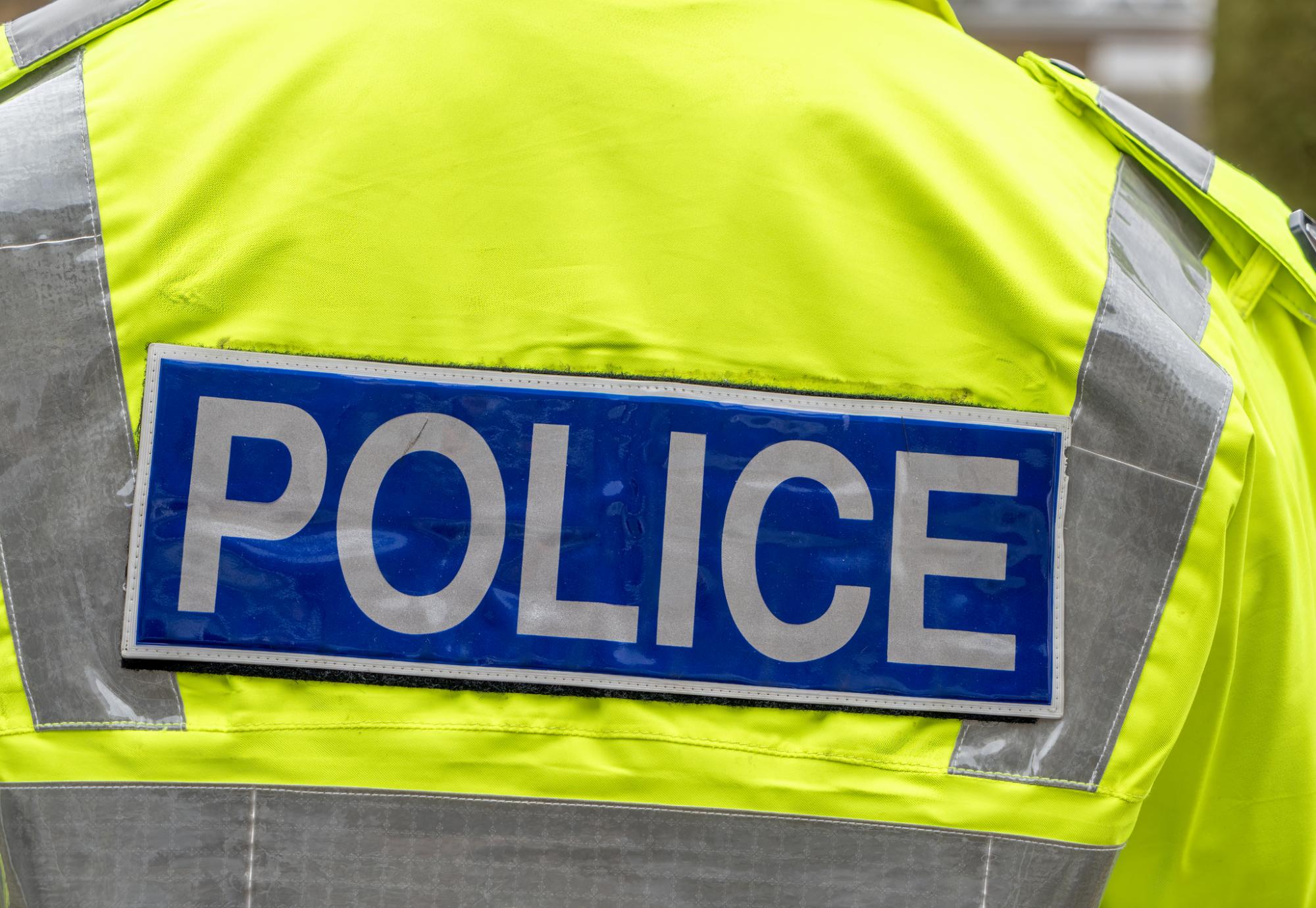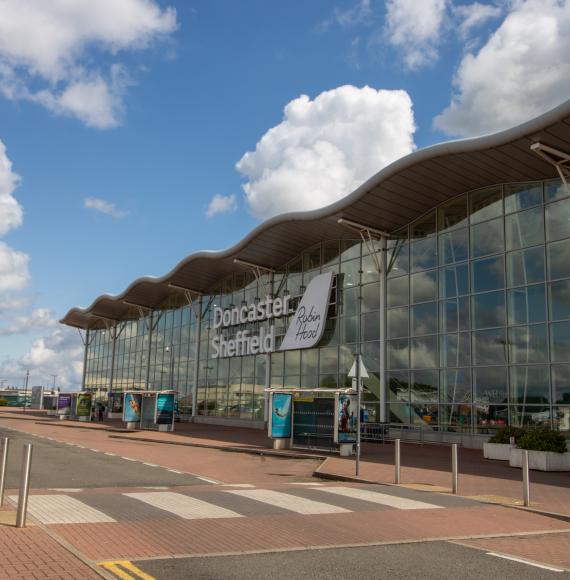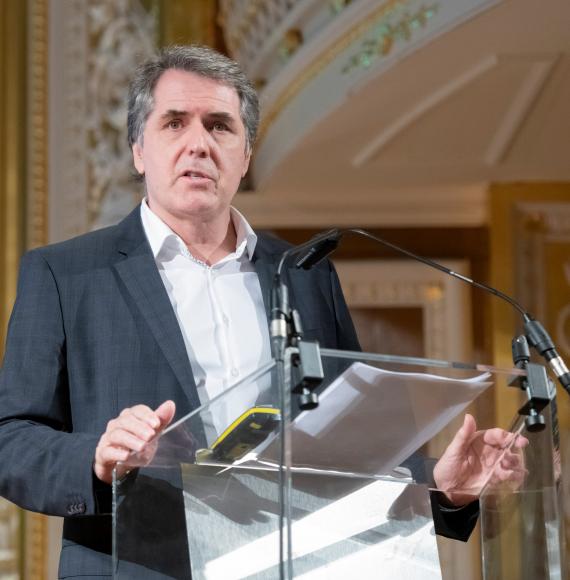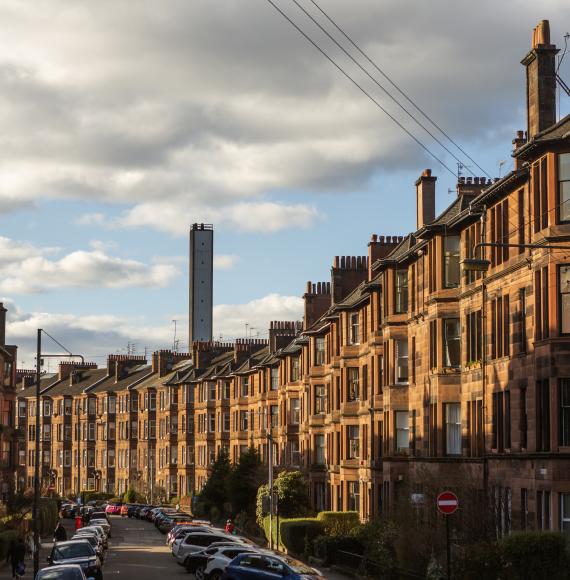Police chiefs have outlined the priorities for the Police Race Action Plan (PRAP) team for the upcoming year. This follows a recent decision by chief constables to extend funding for the national team responsible for implementing the PRAP for an additional 12 months.
The PRAP represents the most extensive coordinated effort across all police forces in England and Wales to enhance trust and confidence in policing within Black communities. For the first time, every Chief Constable has committed to supporting the plan and achieving its goals, marking an unprecedented unified response in policing to drive the essential improvements envisioned by the plan.
Initially established in 2020, with the plan published two years later, the national team was intended to lead the programme for four years. However, the Chief Constables Council, representing UK police chiefs, has decided to extend the national team's mandate for another year.
In 2025, the focus will be on equipping police forces with the necessary tools and support to integrate anti-racist policies and practices throughout policing. The key priorities for the team in 2025/2026 include:
- Supporting police forces to implement action and policy developed by the programme team, National Police Chiefs’ Council (NPCC) and College of Policing to deliver an anti-racist police service, such as recording the ethnicity of those subject to traffic stops.
- Reviewing and prioritising actions and projects under the programme and making plans to transition activity led by the programme into the NPCC, College of Policing or police forces.
- Finalising long term processes for measuring, overseeing and scrutinising the performance and impact of the plan and policing’s progress towards anti-racism over time. This includes a proposed maturity matrix that will enable police forces to assess and track their progress.
- The central team will be working with stakeholders over the coming months to test, refine and begin to implement these processes. Engagement is being planned with police forces, the plan’s Independent Scrutiny and Oversight Board (ISOB), the National Black Police Association (NBPA) and the Home Office, as well as civil society and community groups.
- Ensuring police forces, partners and the public understand what has been delivered so far and what to expect from policing in the future. Continuing to engage with police forces and leading civil society groups working in criminal justice and anti-racism will be critical to this.
- Sharing knowledge and good practice identified in local forces across England and Wales.
These priorities align with the recommendations from the ISOB’s latest annual report.
The senior team behind the plan has recently engaged in productive discussions with the Policing Minister, senior government officials, and prominent civil society groups. These conversations about collaborative efforts and the future direction of the plan will continue in the coming months.
In November, the NBPA decided to re-engage with the plan, lifting the suspension of support that had been in place since June.
T/Deputy Assistant Commissioner Dr Alison Heydari, programme director for the PRAP, said: “Tireless work by our central team and invaluable insight from the partners we work with has helped deliver some major strides forward over recent months.
“I am under no illusion about the scale of the challenge that still exists to build the trust and confidence of our Black communities in policing.”
“Our mission over the next year is to give policing the tools it needs to deliver the plan’s long-term vision to build an anti-racist police service.”
This is centred on a maturity matrix assessment across key areas of delivery for an anti-racist police service, underpinned by key performance measures.
Over the coming months the plan’s central team will continue its work with police forces, ISOB, the NBPA and the Home Office, as well as civil society and community groups, to finalise this assessment, including how communities will be involved in it.
Abimbola Johnson, chair of the ISOB, said: “The extension of the Police Race Action Plan (“PRAP”) has proven necessary after slow progress and an initial lack of traction in delivery against policing’s anti-racism goal. PRAP was announced four-and-a-half years ago and sadly many community members, internal and external to policing, continue to report that policing does not feel different in its impact upon them; in some cases, that their experiences have worsened.
“In the last few years, we have seen pockets of good work, commitment and progress. These have primarily been driven by hardworking individuals and have landed best where they have received proper backing and support from local leadership. We have also been frustrated by delays in achieving simple and logical steps to get work underway.
“Sustained focus and resources are critical to achieving PRAP’s vision of an anti-racist police service. Progress requires commitment and delivery by the central team but also adoption of responsibility and prioritisation by local police forces, parallel commitment by statutory accountability organisations like HMICFRS and the IOPC, and the involvement of central government. Input from communities and anti-racism experts must be utilised appropriately to give this work the legitimacy it requires.
“We are encouraged that the 2025/26 priorities reflect key recommendations from our recent report, including embedding anti-racist policies, developing a maturity matrix to measure progress, and transitioning activities into long-term structures. We have started to see work that reflects proper commitment to those recommendations.
“This year, our scrutiny work will be focussing on the legacy of this plan. Policing needs to demonstrate that anti-racism commitment is a permanent focus that will outlive the central team’s final year: joined up working, structural reform and cultural changes.”
Photo credit: iStock



















